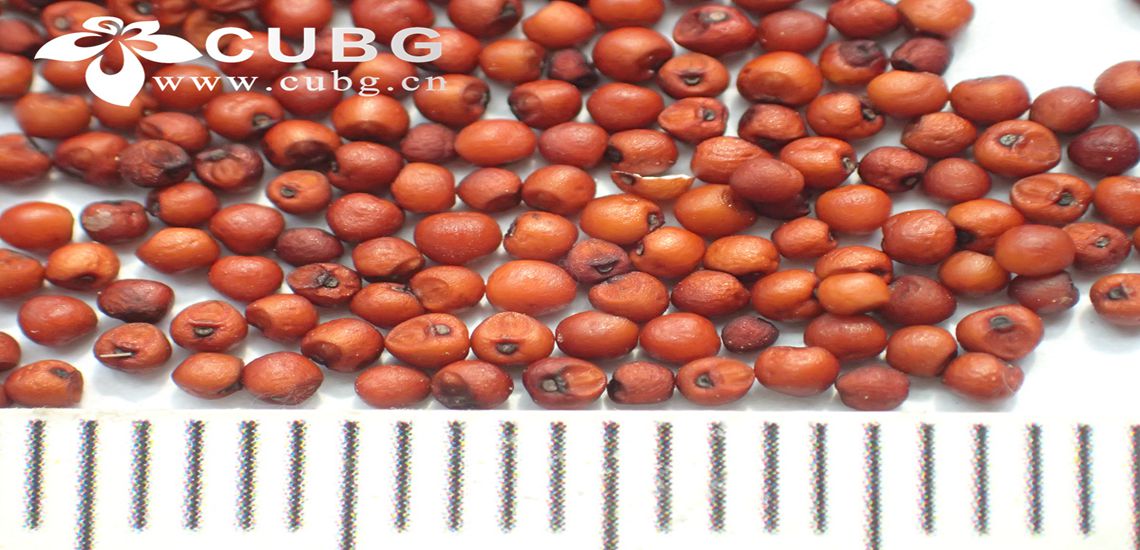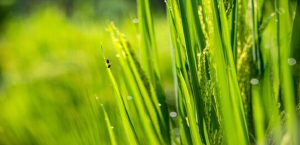Abstract:
Seed dispersal is the critical process for plant regeneration, effective dispersal should be conducted before seeds die, however, rates of seed dispersal have rarely been considered important. So, in the first part of this talk, I will introduce our newly published story to show the necessary and a novel mechanism of rapid seed dispersal. We demonstrate through field observations and experiments that rapid dispersal is essential for the unusually short-lived seeds of Aquilaria sinensis (agarwood; Thymelaeaceae), which desiccate and die within hours of exposure by fruit dehiscence in the hot, dry forest canopy in tropical southwest China. We show that three species of Vespa hornets remove most seeds within minutes of exposure. The hornets consume only the fleshy elaiosomes and deposit most seeds in damp shade, where they can germinate, a mean of 166 m away from the parent tree. Electrophysiological assays and field experiments demonstrate that the hornets are attracted by highly volatile short-carbon-chain (C5-C9) compounds, including aldehydes, ketones, alcohols, and acids, emitted from the dehiscent fruit capsule. These attractive fruit volatiles share 14 of 17 major electrophysiologically-active compounds with those emitted from herbivore-damaged leaves, which attract predators, including hornets. Rapid seed dispersal thus appears to have been achieved in this species by the re-purposing of a rapid indirect defense mechanism. We predict that rapid seed dispersal by various mechanisms will by more widespread than currently documented and suggest that volatile attractants are more effective in facilitating this than visual signals, which are blocked by vegetation.
In the second part, I will introduce some of my work on fig-fig wasp mutualism system, which further shows the value and potential ways of plant-animal interaction driving plant diversification. Finally, I will introduce the main aim of my newly established group, Rapid Evolution and Conservation group. Based on discovering the detailed mechanisms of rapid plant evolution via the plant-animal coevolution and plant hybridization, we hope exploring some novel strategies of plant conservation, by utilization and modification of the ecological networks and genetic exchange networks.
Speaker: Prof. Gang Wang
Affiliation: XTBG
Time: 4:30 PM, Tuesday, Aug. 2, 2022
Venue: ZOOM 会议平台 会议 ID:312 430 8960 会议密码 PWD:666666
视频下载Download Link链接: https://pan.baidu.com/s/1PUvXhQG88Wy3AXLmPXRg2w Pwd提取码: darj
ZOOM
会议 ID:312 430 8960
会议密码 PWD:666666
国内用户下载地址Download address for domestic users:https://zhumu.com/download
国际用户下载地址Download address for international users:https://zhumu.com/download-intl



